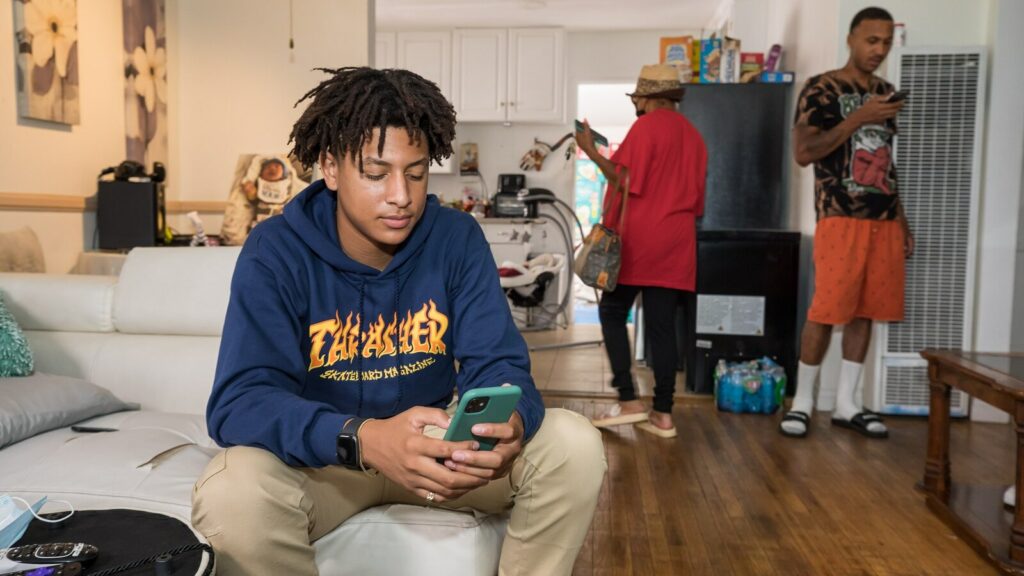LOS ANGELES, United States (AFP) – Sifting through the smartphones of dozens of US teens who agreed to share their social media content over the course of a year, filmmaker Lauren Greenfield came to a somber observation.
The kids are “very, very conscious of the mostly negative effects” these platforms are having on them — and yet they just can’t quit.
Greenfield’s documentary series “Social Studies,” premiering on Disney’s FX and Hulu on Friday, arrives at a time of proliferating warnings about the dangers of social networks, particularly on young minds.
The show offers a frightening but moving immersion into the online lives of Gen Z youths.
Across five roughly hour-long episodes, viewers get a crash course in just how much more difficult those thorny adolescent years have become in a world governed by algorithms.
In particular, the challenges faced by young people between ages 16 and 20 center on the permanent social pressure induced by platforms like Instagram and TikTok.

For example, we meet Sydney, who earns social media “likes” through increasingly revealing outfits; Jonathan, a diligent student who misses out on his top university picks and is immediately confronted with triumphant “stories” of those who were admitted; and Cooper, disturbed by accounts that glorify anorexia.
“I think social media makes a lot of teens feel (bad), but they don’t know how to get off it,” says Cooper, in the series.
Via its subjects’ personal smartphone accounts, the show offers a rare glimpse into the ways in which that hyper-connected reality has distorted the process of growing up.
“It’s hard to tell what’s been put into your mind, and what you actually like,” says one anonymous girl, in a group discussion filmed for the docuseries.
These discussion circles between adolescents punctuate “Social Studies,” and reveal the contradictions between the many young people’s online personas, and their underlying anxieties.
Speaking candidly in a group, they complain about harassment, the lack of regulation on social media platforms, and the impossible beauty standards hammered home by their smartphones.
“If I see people with a six pack, I’m like: ‘I want that.’ Because maybe people would like me more,” admits an anonymous Latino boy.


